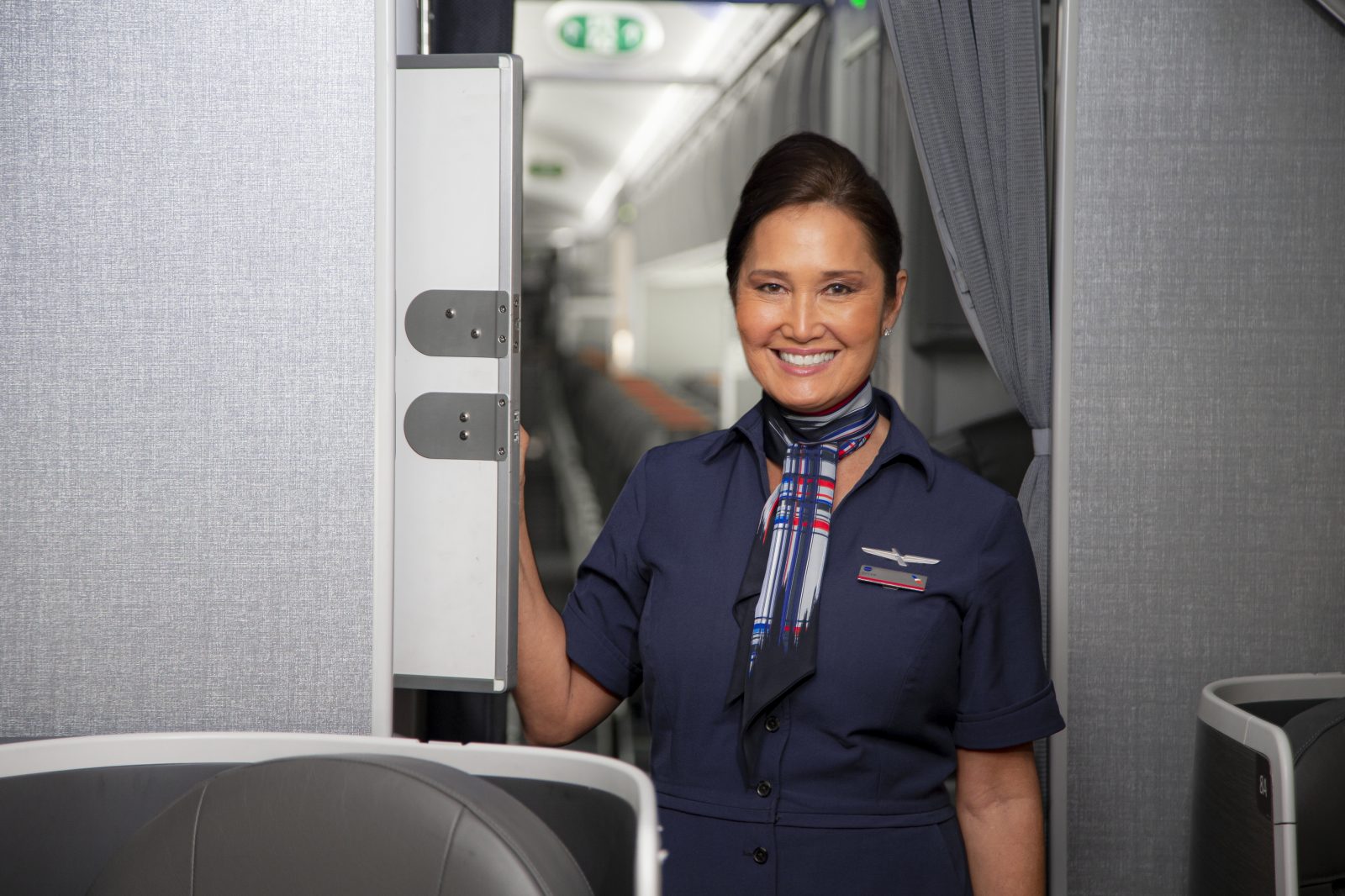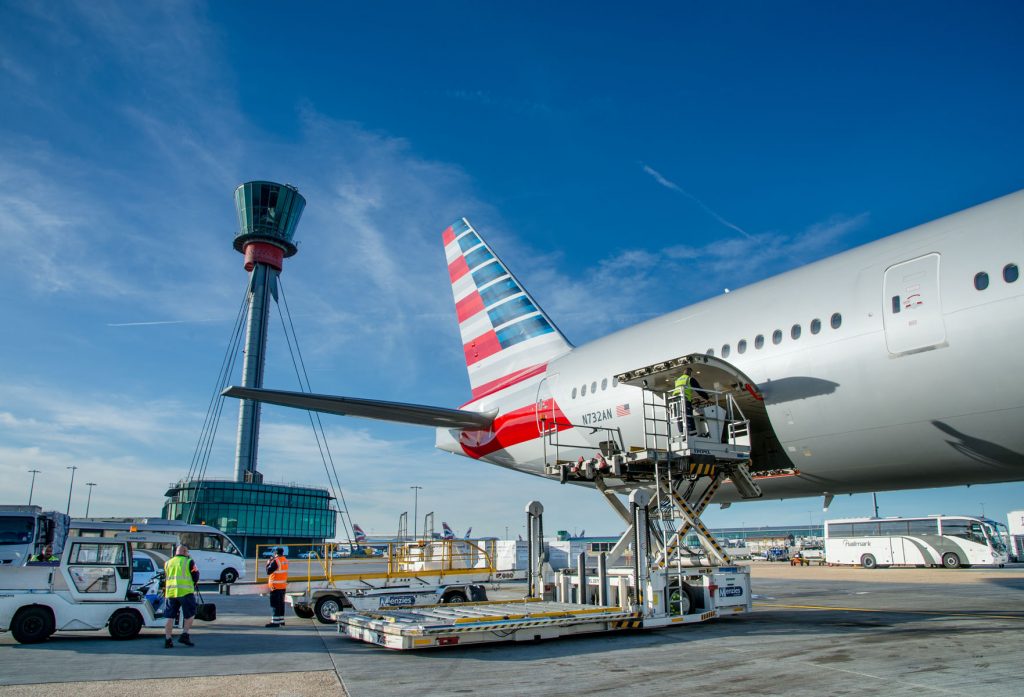
American Airlines is set to reduce the number of flight attendants working on widebody aircraft and certain premium transcon single-aisle aircraft, with some flights set to lose at least two crew members. The reduction in staffing levels on many flights will come on the same day that American plans to involuntary furlough up to 8,100 flight attendants.
In an internal memo, flight attendants were told the changes are “critical to move American back towards profitability.” At the height of the COVID-19 pandemic in April, the Dallas Forth Worth-based airline reported a daily cash burn of $100 million. Since June, American has stemmed those losses to less than $35 million a day.

“We considered a variety of relevant factors and solicited feedback in-flight, in crew rooms and by phone from flight attendants and pursers, and we will continue to gather input going forward,” the memo continued. The main changes include:
- Two flight attendants will be lost on Boeing 777-300 three-class aircraft
- One flight attendant will be lost on Boeing 777-200 two-class, 787-900 and Airbus A321 transcon aircraft.
- American will no longer have dedicated galley assignments, with flight attendants working in the galley also being assigned aisle responsibilities.
- Purser’s working on 777-300 three-class aircraft will start the service in First Class and then move into the Business Class cabin.
American told flight attendants that the change to the purser work responsibilities would allow the purser to “influence service in both premium cabins while still having flexibility to address overall flight issues in any cabin”.
Pursers will start the service in First Class where they can “provide the welcome and set the tone for our First Class customers”, before ‘flexing’ into the Business Class cabin. “Business Class is key to profitability of most international flights and has many more seats and generate more overall revenue that First Class,” the memo explained.
The Association of Professional Flight Attendants (APFA), however, has rejected the proposed changes, saying it will lump an “unreasonable workload to flight attendants”.
“We will continue to fight for fair and adequate staffing and a return to our normal staffing guidelines,” said APFA’s national contract chair, Brian Walsh.
Some flight attendants, though, believe the changes are fair… at least for the time being while onboard service levels are significantly reduced due to the continuing Corona crisis. That, however, may change very quickly if and when American resumes pre-COVID in-flight service.
In July, American’s head of in-flight service Jill Surdek warned veteran flight attendants that they would have to work longer and work harder going forward. The memo was an attempt to get longer-serving flight attendants to accept early retirement but ultimately had little impact.
Mateusz Maszczynski honed his skills as an international flight attendant at the most prominent airline in the Middle East and has been flying ever since... most recently for a well known European airline. Matt is passionate about the aviation industry and has become an expert in passenger experience and human-centric stories. Always keeping an ear close to the ground, Matt's industry insights, analysis and news coverage is frequently relied upon by some of the biggest names in journalism.







